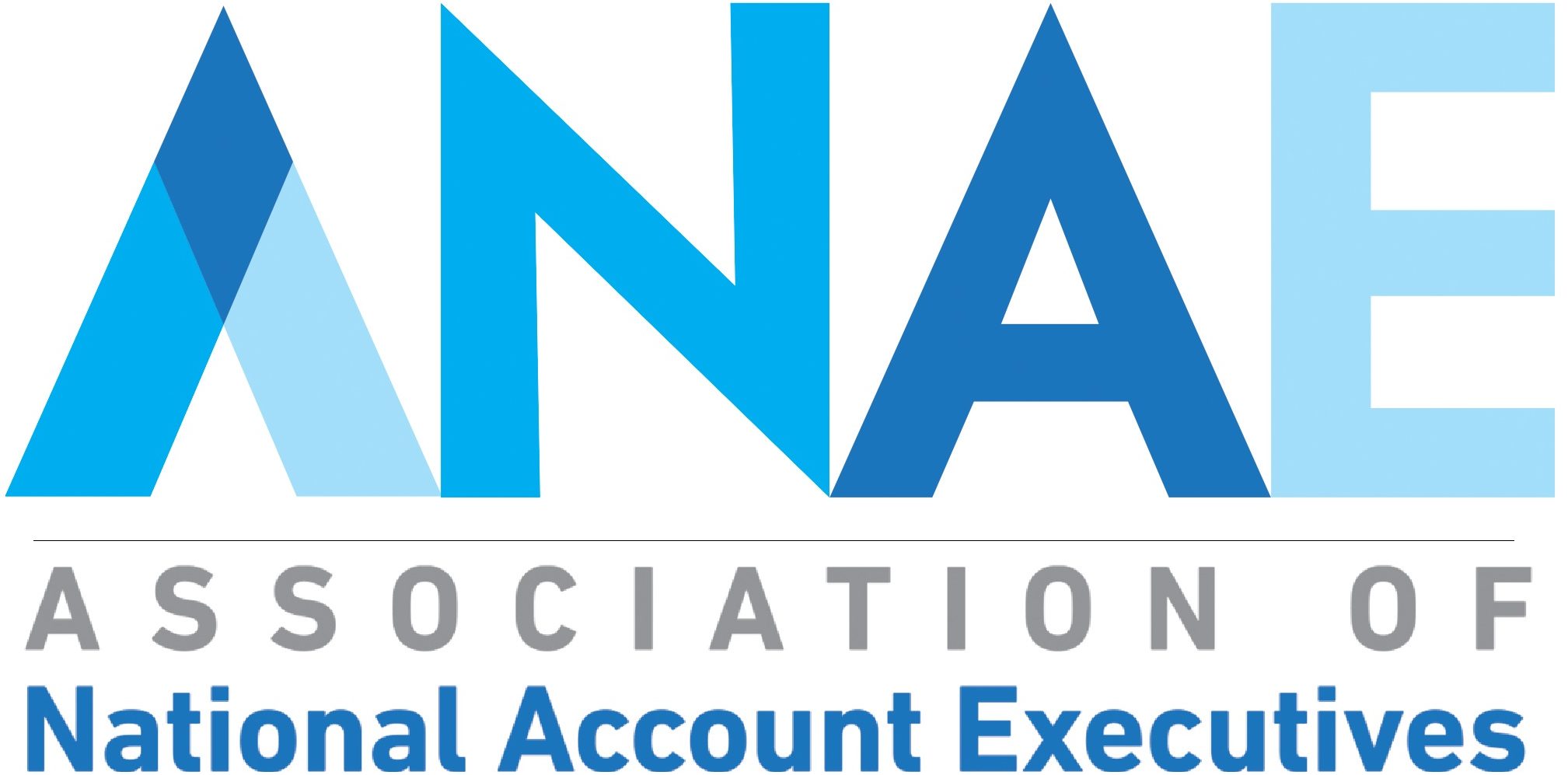 John Pritchard, host of the National Accounts Today podcast and CEO of the Association of National Account Executives (ANAE), spoke with Amazon-Expert John Ghiorso, CEO of Seattle-based Orca Pacific, about Amazon’s role and future as a business-to-business distribution channel in healthcare and other industries.
John Pritchard, host of the National Accounts Today podcast and CEO of the Association of National Account Executives (ANAE), spoke with Amazon-Expert John Ghiorso, CEO of Seattle-based Orca Pacific, about Amazon’s role and future as a business-to-business distribution channel in healthcare and other industries.
“Two ways. Gradually, then suddenly.”
This is famed novelist Ernest Hemingway’s description of how to go bankrupt in 1926’s The Sun Also Rises. It’s also an apt characterization of Amazon arriving at your industry’s doorstep almost 100 years later in 2019.
“When Amazon first announces [pursuit of a new category], there’s some disillusion saying, ‘Oh, well maybe Amazon won’t be as big as we thought they might in this category,’” says Ghiorso. “We’ve seen this happen in a lot of categories.”
But, Ghiorso says, Amazon typically grows exponentially.
“Their numbers are unimpressive for quite a while, even though business is growing at a fast clip,” he says. “And then, all of a sudden, you’re still growing at the same rate and the numbers start to get very large, very quickly.”
Ghiorso estimates Amazon will become a very important player during the next two years in many industries, including healthcare. “They’ll go from ‘okay, this is serious,’ to one of the largest commercial distributors,” he says.
The Amazon Push
Ghiorso has never seen Amazon push into a category and not succeed. He says Amazon business has grown disproportionately faster because Amazon doesn’t have to train the customer.
“A [company] procurement manager is already shopping this way in her personal life,” says Ghiorso. “And as soon as you can have the same experience you have when you’re buying a new TV, that’s going to be adopted quickly for your job.”
Ghiorso adds that there are plenty of barriers in execution that Amazon must break down to offer that equivalent level of experience and selection, and they’re working hard on that.
“Once that’s fully up and running – and I’d argue that it’s pretty close at this point – then the adoption is going to be rapid,” he says.
If Amazon simplifies the current complexity of the process, it will only increase the speed of adoption; and usually, Amazon becomes big enough that it forces adoption in the category.
